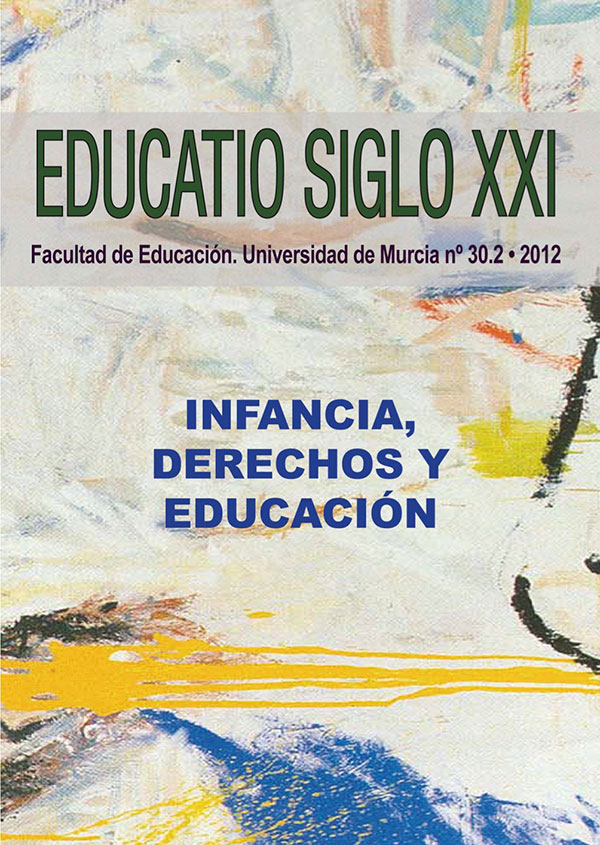Classroom conflicts concerning rights and alternatives for managing and solving them
Abstract
This article offers some thoughts on current challenges to ensure peaceful coexistence in schools, with reference to the legal framework regulating social relations and referral of disputes to procedures for ensuring the effective implementation of children and adolescents’ rights. In Catalonia the Parliament has approved a general regulation on the rights and opportunities of children and adolescents with references to educational and management of conflicts that may arise in the classroom. The attention of students requires knowledge of the legal framework and protocols applicable to situations of risk. The transfer of data and issuing reports by teachers and managers must meet guidelines in accordance with their professional responsibility. Since the distinction between risk and helpless, with indicators that facilitate the detection of specific cases, prevention is encouraged to promote an environment that promotes equality and peaceful coexistence in the centers. The role and participation of children and adolescents in the construction of their rights emphasizes mediation as a preferred route for the management of conflicts, by their nature, should not be referred to the courts.Downloads
-
Abstract728
-
PDF (Español (España))964
Original work publishes in this journal is subject to the following terms:
1. Murcia University Press (the publishing house) holds the copyright of the publishes work, and favours and allows their reutilization under the use license stated in point 2.
© Servicio de Publicaciones, Universidad de Murcia, 2015
2. Work is published in the electronic edition under a license (Creative Commons Reconocimiento-NoComercial-SinObraDerivada 4.0 España (legal text). They can be copied, used, disseminated, transmitted and publicly presented, as long as: i) authorship and original publication source is acknowledged (journal, publishing house and URL of the work); ii) are not used for commercial purposes; iii) the existence and specifications of this use license is stated.
3. Conditions for self-archive. Authors are allowed and encouraged to disseminate electronically the pre-pint (before review) and/or post-print (accepted for publication) versions of their work before their publication since that favours earlier circulation and dissemination resulting in an increased chance for the authors to be cited and for the work to reach a bigger share of the academic community. Colour: RoMEO: green.








